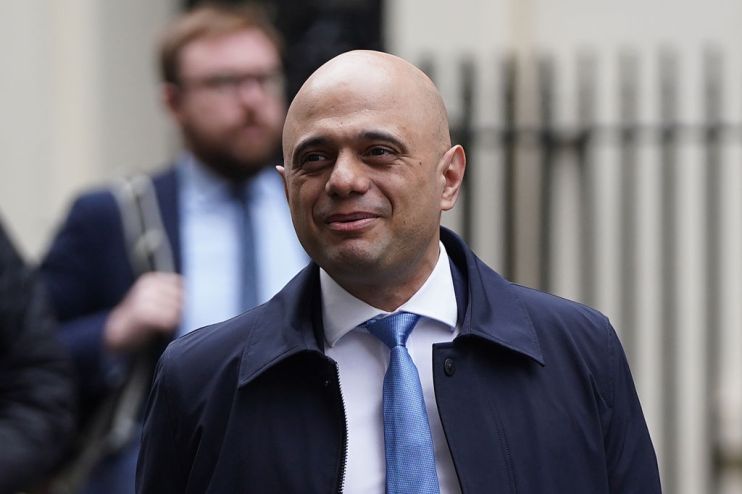Chancellor’s Budget on 11 March – to tax or not to tax

Having inadvertently set a record by having a year without a Budget, the first time this has happened since the introduction of income tax, the Chancellor’s choice of Wednesday 11 March, rather than “February” as stated in the election campaign, gives the busy Treasury a little more time to work up the ideas that were hinted in the manifesto, but not really articulated.
With so much focus on delivering Brexit, the Budget may seem to be of secondary importance, but traditionally the first Budget of a government with a healthy majority is one in which the Government takes the uncomfortable decisions, hoping that positive results will arrive by the time of the next election. Past examples of such policies have included Labour’s windfall tax on the privatised industries and the Coalition’s increase in the rate of VAT to 20 per cent.
Re-stocking the war-chest?
This year’s Budget might be different, with the focus on increasing spending, particularly outside of the South East of the country. With a feeling of renewal as parliamentary stalemate overcome, the Chancellor may not want to divert attention to tax rises just yet. However, any spending will eventually need to be paid for and the Chancellor may yet decide that he should take the unpopular decisions now.
He has already announced two changes in April that would bring in revenue: firstly the cancellation of the already legislated 2 percentage point cut in corporation tax, and secondly the introduction of the UK’s new Digital Services Tax at 2 per cent. Whilst some may be pointing at the UK’s rate of DST as lower than that of France, the Chancellor will be well aware of the US Treasury’s threat of tariffs to address what it considers “is unreasonable or discriminatory and burdens or restricts U.S. commerce.
Beyond this, the triple lock will stop increases in the rates of income tax, national insurance contributions and VAT, but we are expecting an increase in stamp duty land tax for foreign property buyers and a new anti-tax avoidance and evasion law. Parliament may also continue to push for a review of all tax reliefs and incentives, and we may yet see these reduced, even as the Budget increases the rates for R&D and structures and buildings.
With the Budget this year reverting back to the March Budgets that we were used to before Chancellor Hammond, it will be interesting to see if Chancellor Javid will carry on the tradition of raising taxes following electoral success.
Visit ey.com/tax